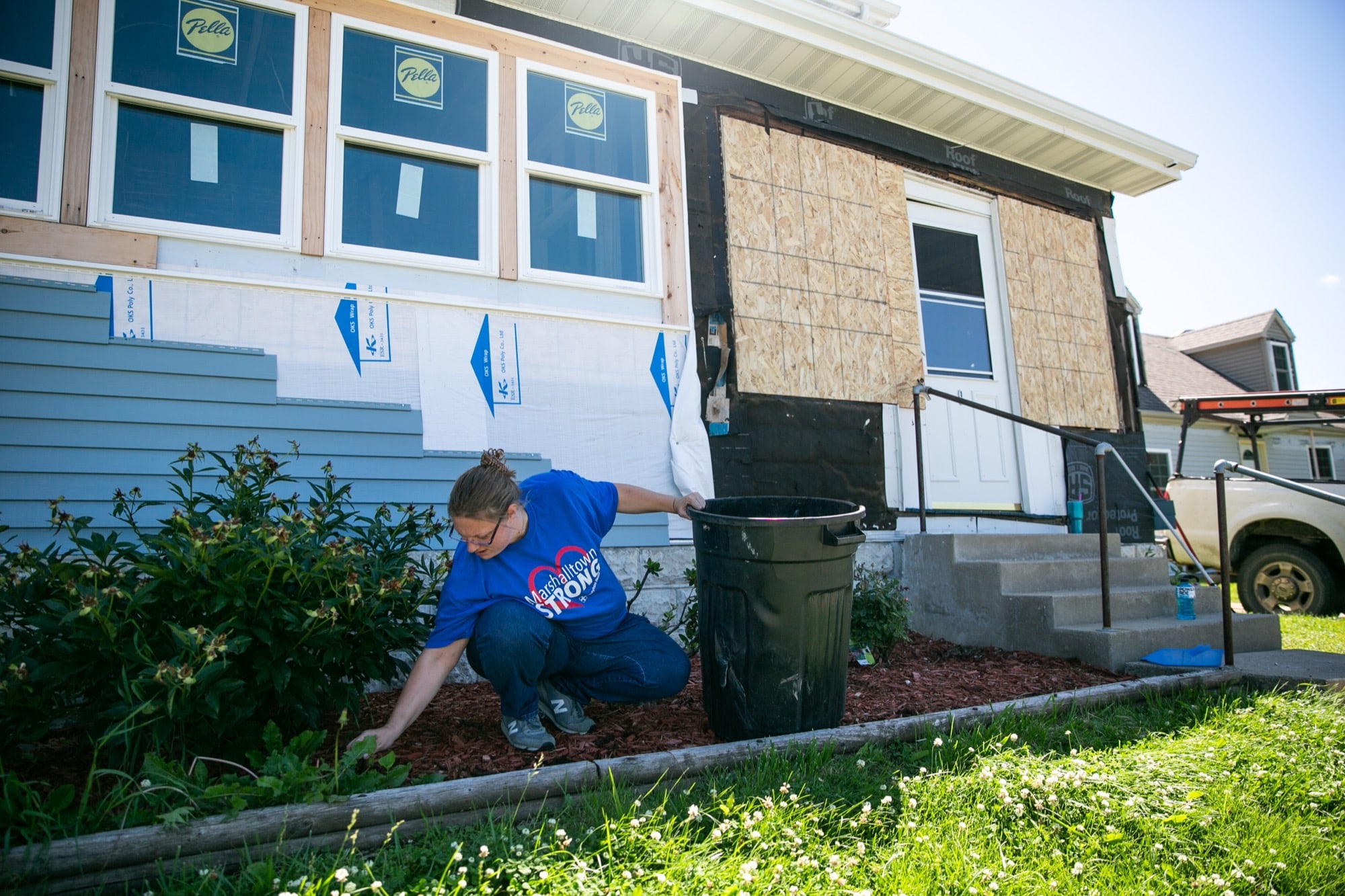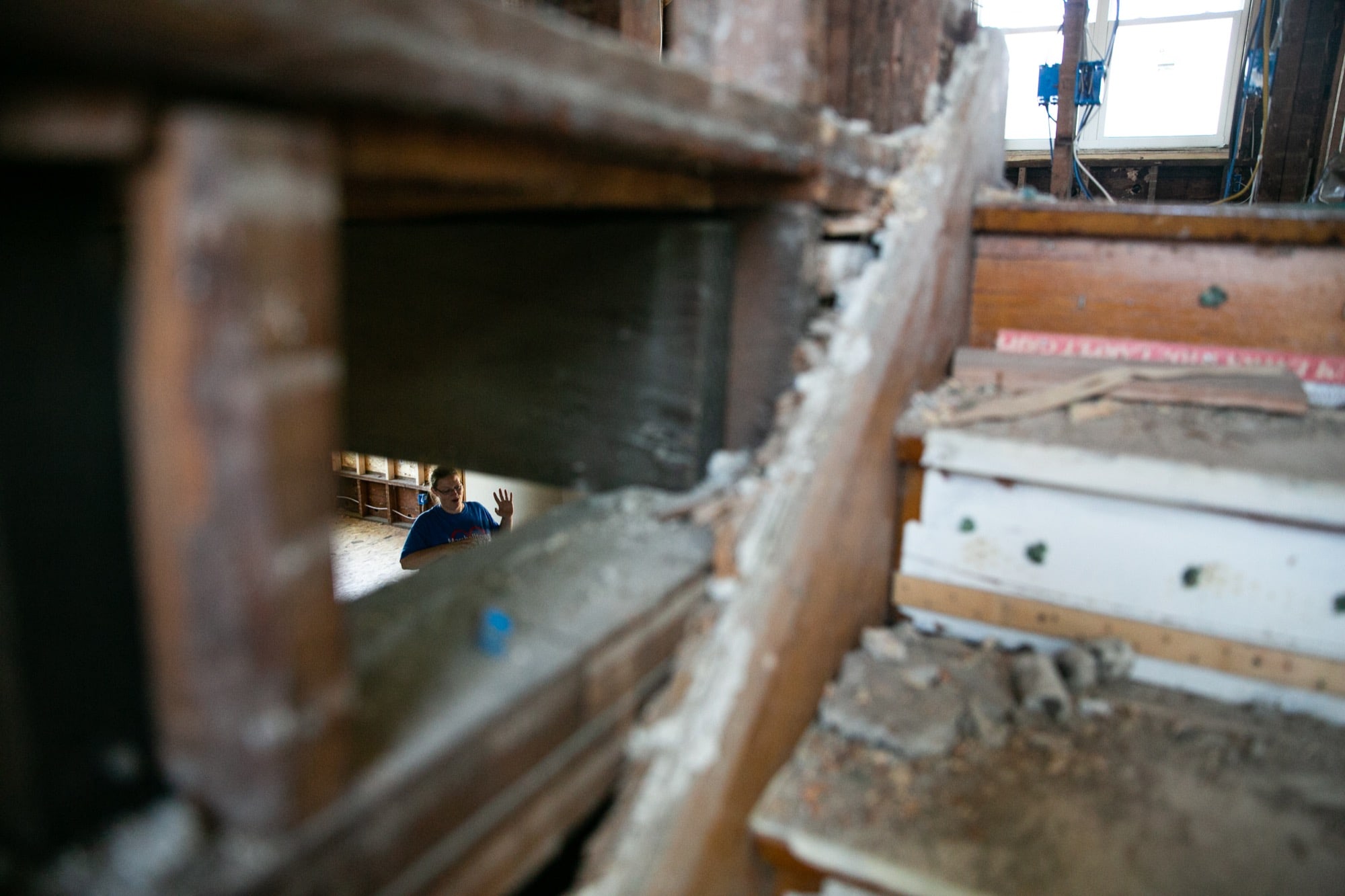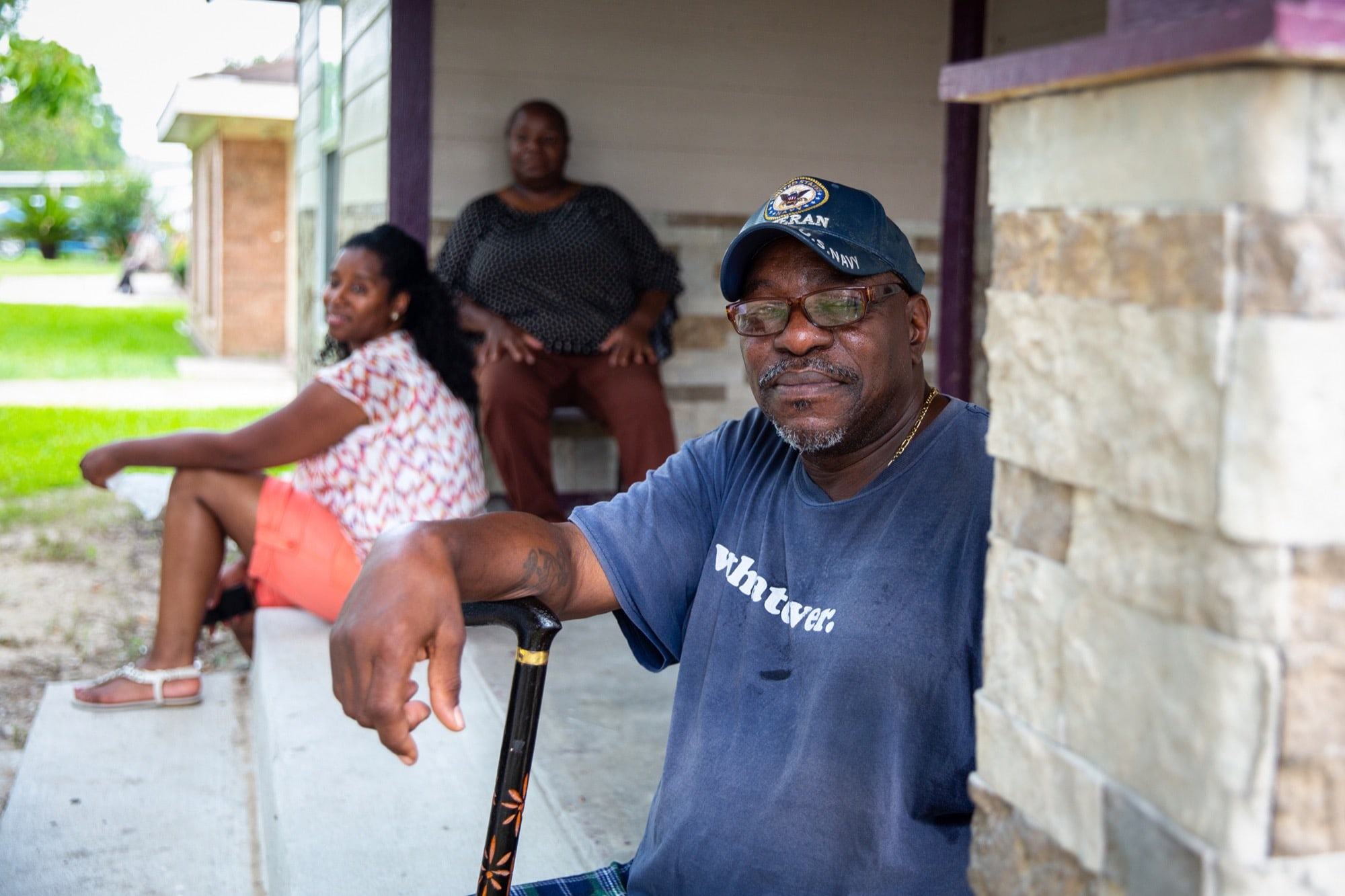Displacement after disasters: When there’s no place to call home
PORT ARTHUR, Texas – Under the shade of a sweeping Texas ash tree, Benjamin Davis sits in the trunk of a Ford Escape parked across from his condemned home. The veteran stares down at his rugged hands, cracked and worn from years of hard labor and humid heat.
For Davis, 57, the loss of his home to Hurricane Harvey in August 2017 was like losing his soul.
“How do you get back to being a man? To having people respect you?” he asked, shaking his head. “Look at my hands – my hands shouldn’t look like this. You do any and anything to survive.”
In the past 10 years, almost 7.3 million Americans have been displaced by disasters, according to the Internal Displacement Monitoring Centre, a data analysis center formed by the Norwegian Refugee Council in 1998. Some go to hotels, others rely on help from strangers, and many don’t have anywhere to go at all.
Since Harvey struck the Texas coast, Davis hasn’t lived in his home. For a while, he stayed in a trailer provided by the Federal Emergency Management Agency before moving the few belongings he has left to the Ford, which he borrowed. Every night, he rearranges the boxes in the car to create a makeshift bed.
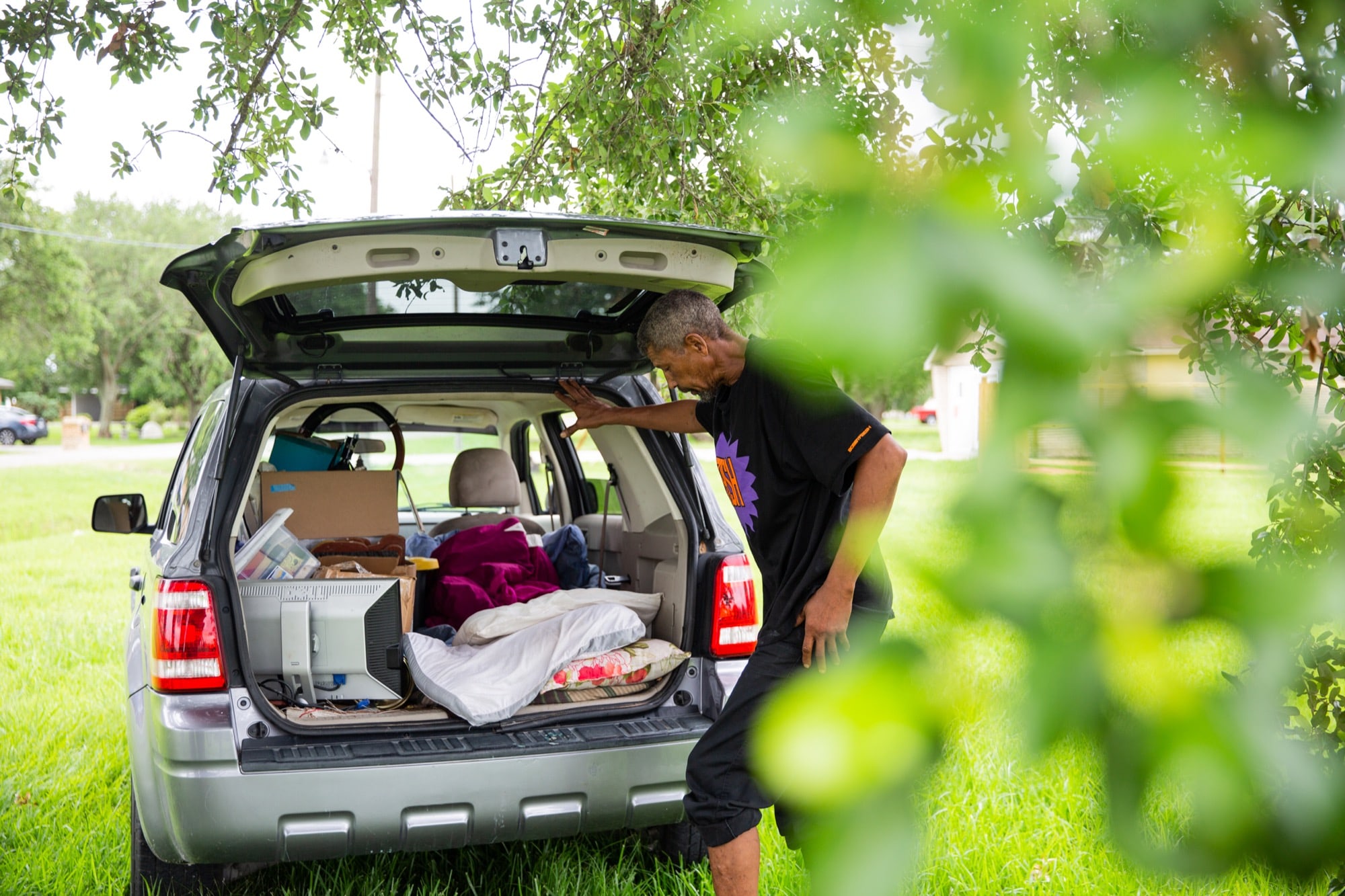
Benjamin Davis, who’s at least 6-foot tall, sleeps in a borrowed car that also holds his remaining possessions. He moves all of his belongings to one side and lays down comforters and pillows to make the spot between the trunk and back seat more comfortable. (Stacy Fernández/News21)
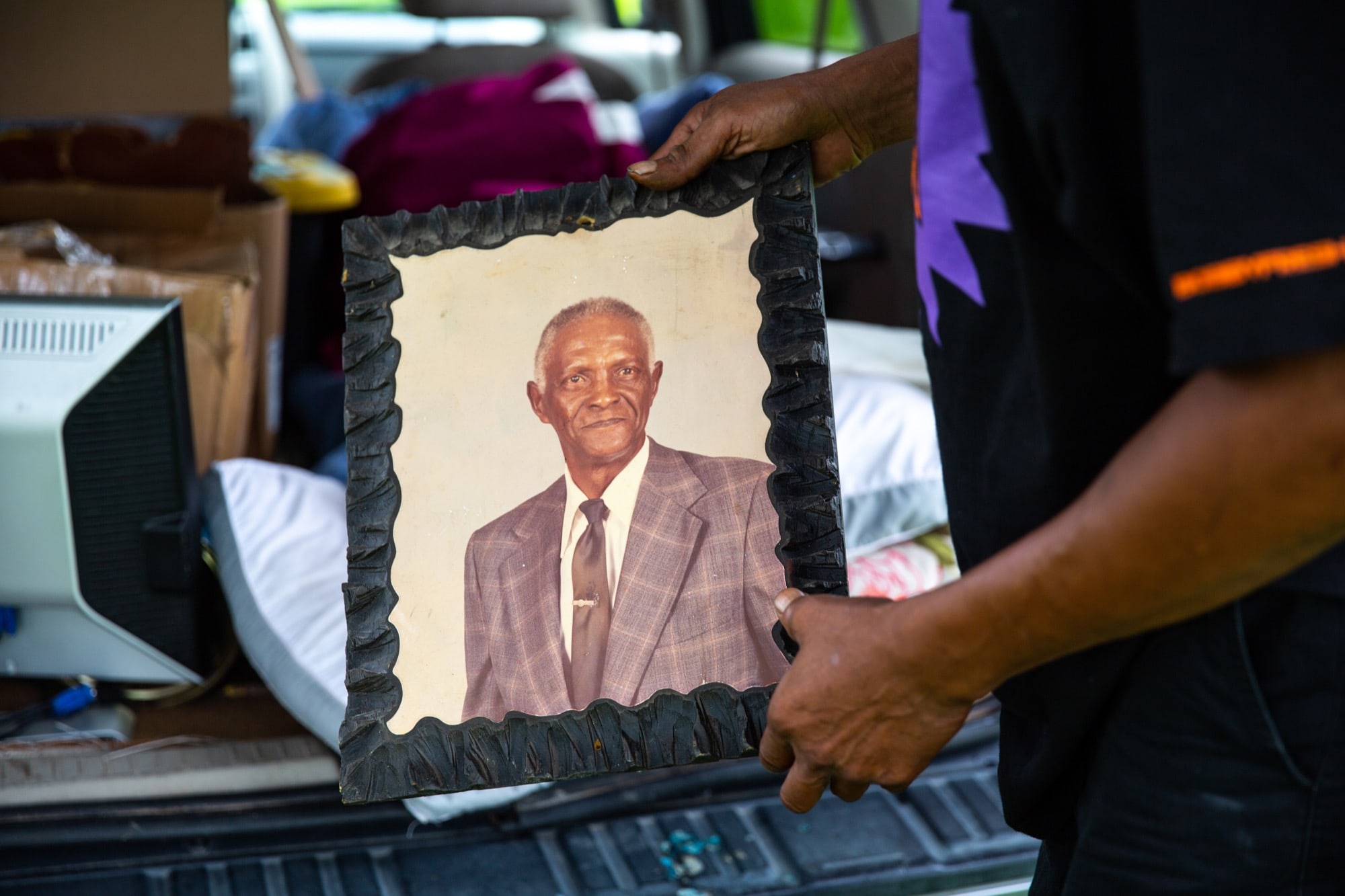
Davis, 57, saved a photo of his father from the wreckage of his home. Davis has lost a significant amount of weight since the hurricane. He eats once a day and showers once a week, if he’s lucky. Davis said he doesn’t have ready access to drinking water because most places charge him 50 cents for the cup. (Stacy Fernandez/News21)
“Everything in that car over there – that’s all I got left.”
Harvey, a Category 4 storm that brought record levels of rain and created immeasurable damage, prompted nearly 780,000 Texans to evacuate their homes, according to FEMA.
To date, more than $1.24 billion has been approved by FEMA for homes damaged in Texas by Harvey. That’s a small fraction of the $16.7 billion spent on housing assistance nationwide since 2003.
Housing assistance, which falls under FEMA’s Individuals and Households Program, provides money to qualified homeowners for “necessary housing-related expenses and serious needs caused by the disaster.” This includes lodging expense reimbursements for short-term stays in hotels, rental assistance and the repair or replacement of primary homes.
But not everyone who applies for assistance qualifies. Applicants must meet five criteria, which include not having home insurance or having losses that aren’t fully covered by insurance.
Former FEMA Administrator Craig Fugate said the agency isn’t built to provide everyone with money after disasters; it’s based on need. That’s why the first thing the agency checks is whether a person had insurance and if it was adequate.
“I'm not saying FEMA doesn't provide some assistance, but it's not designed to make up or replace insurance if you're sure it's covered everything.”
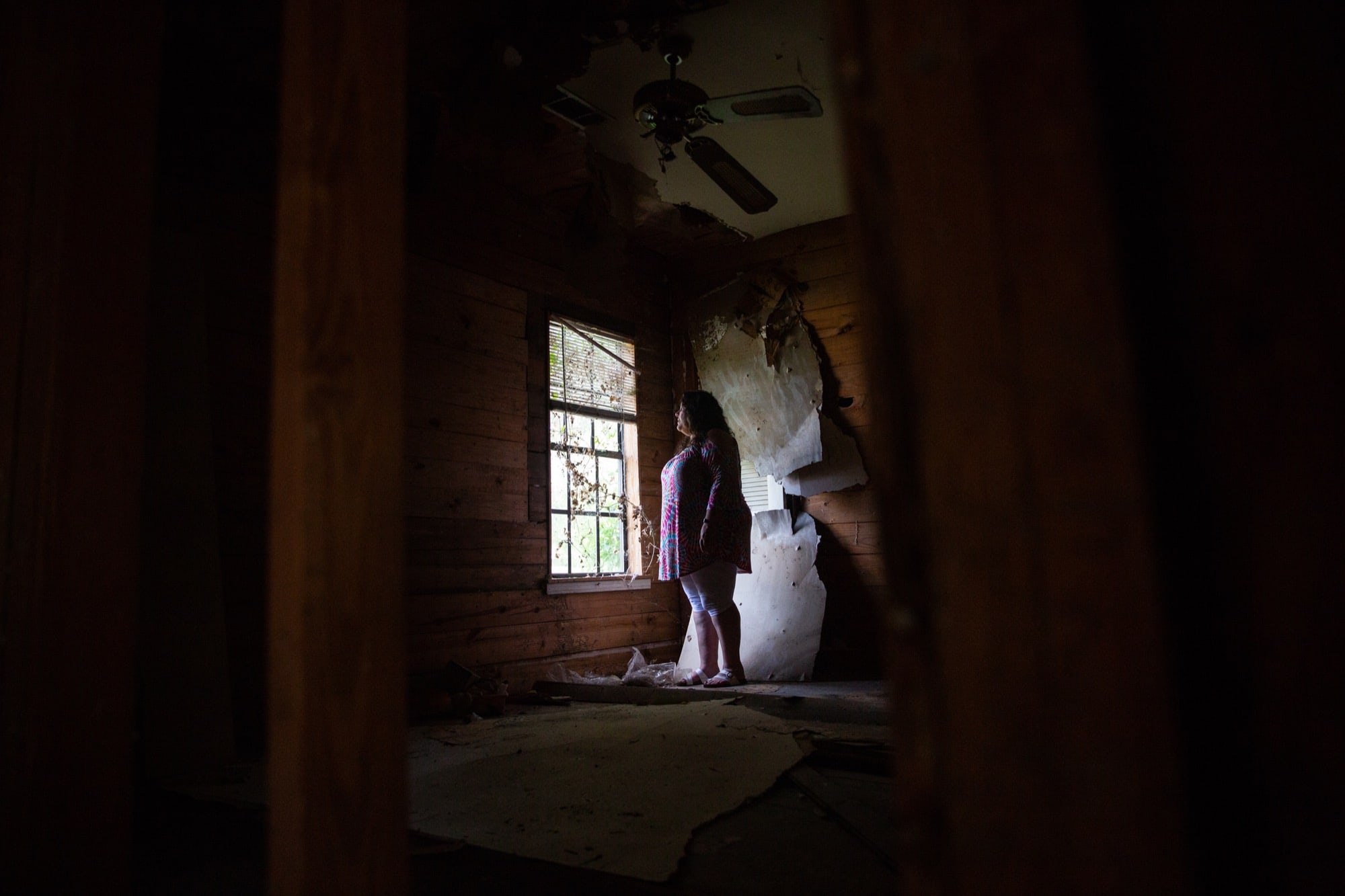
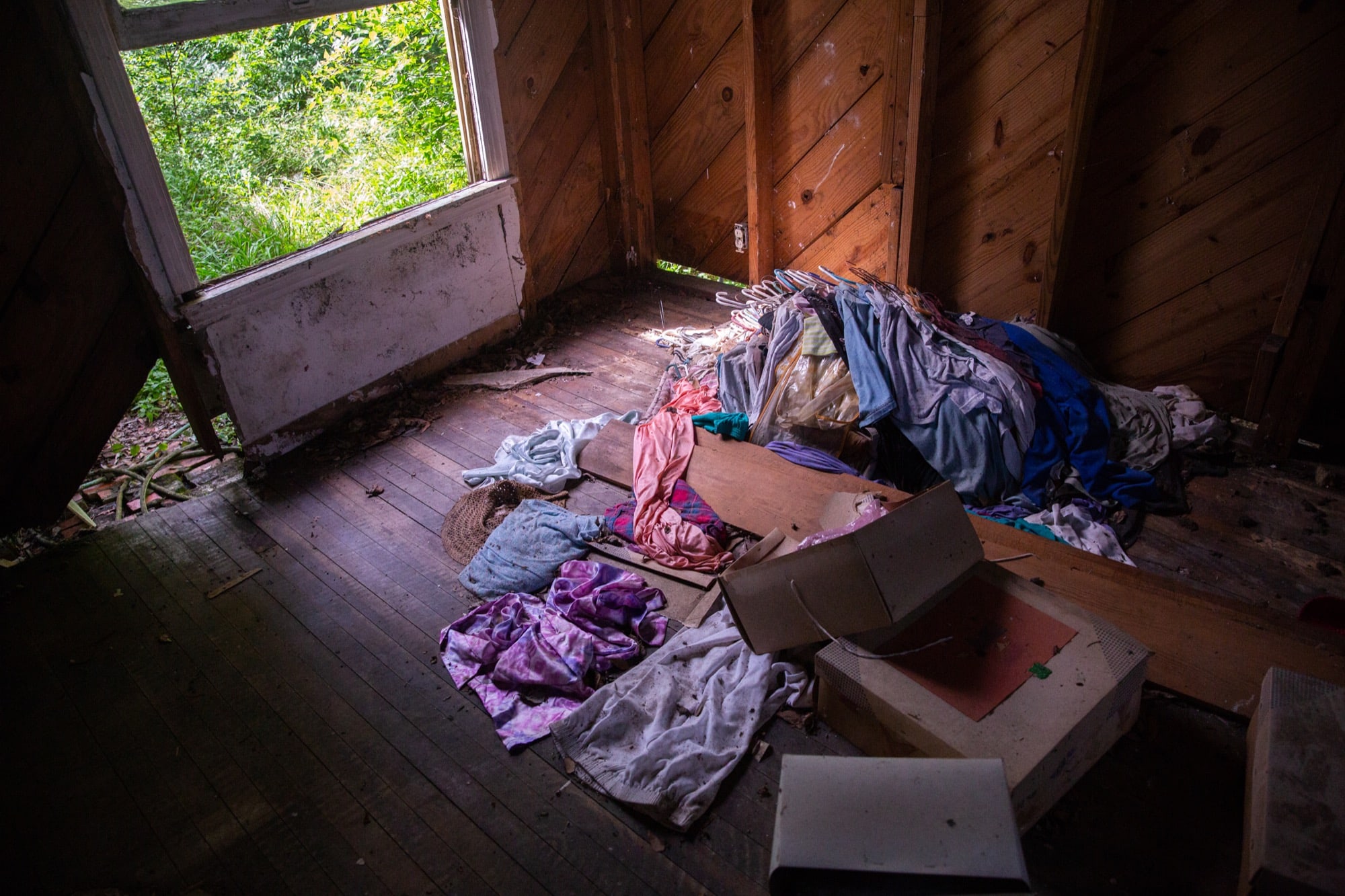
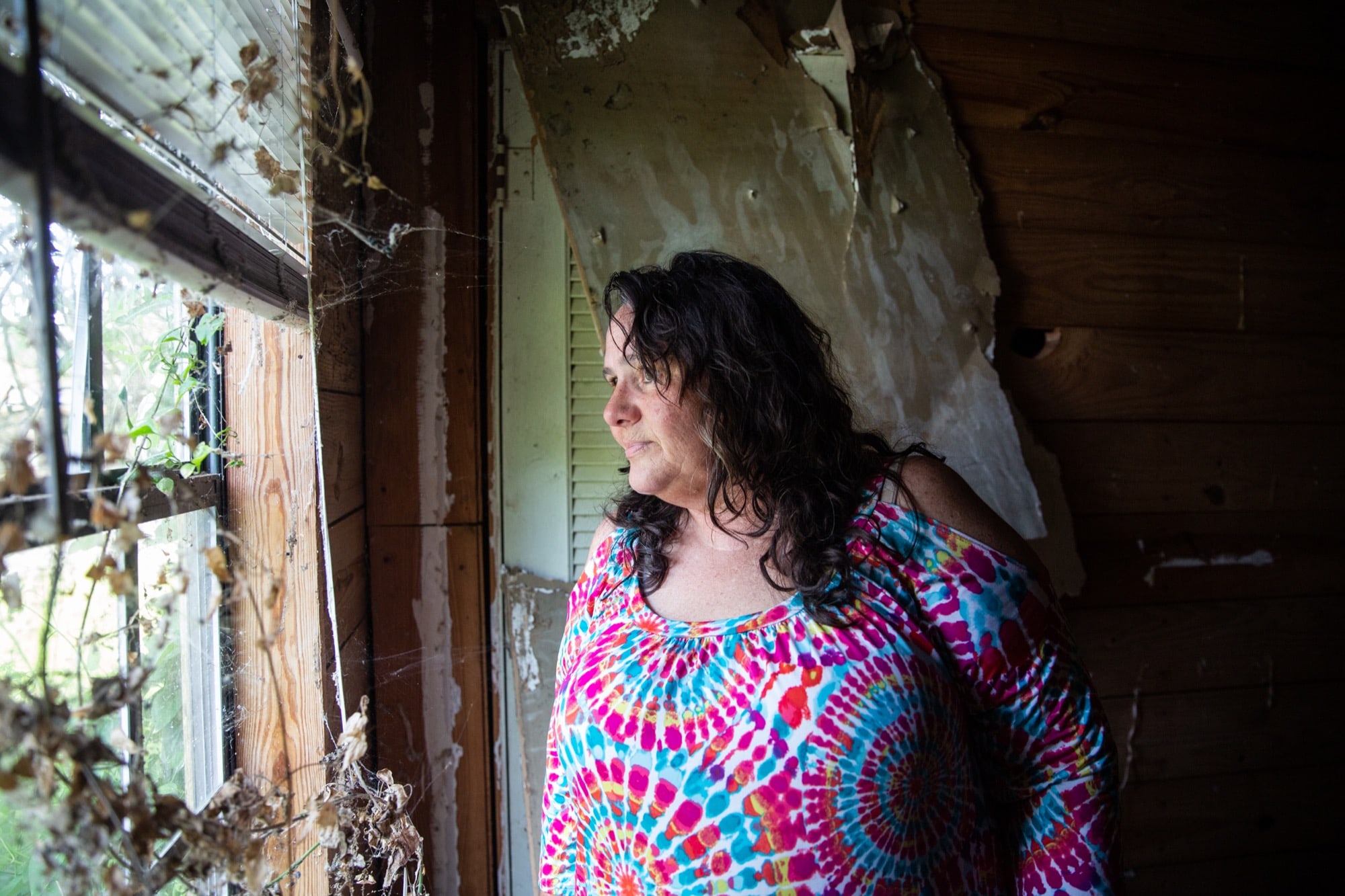
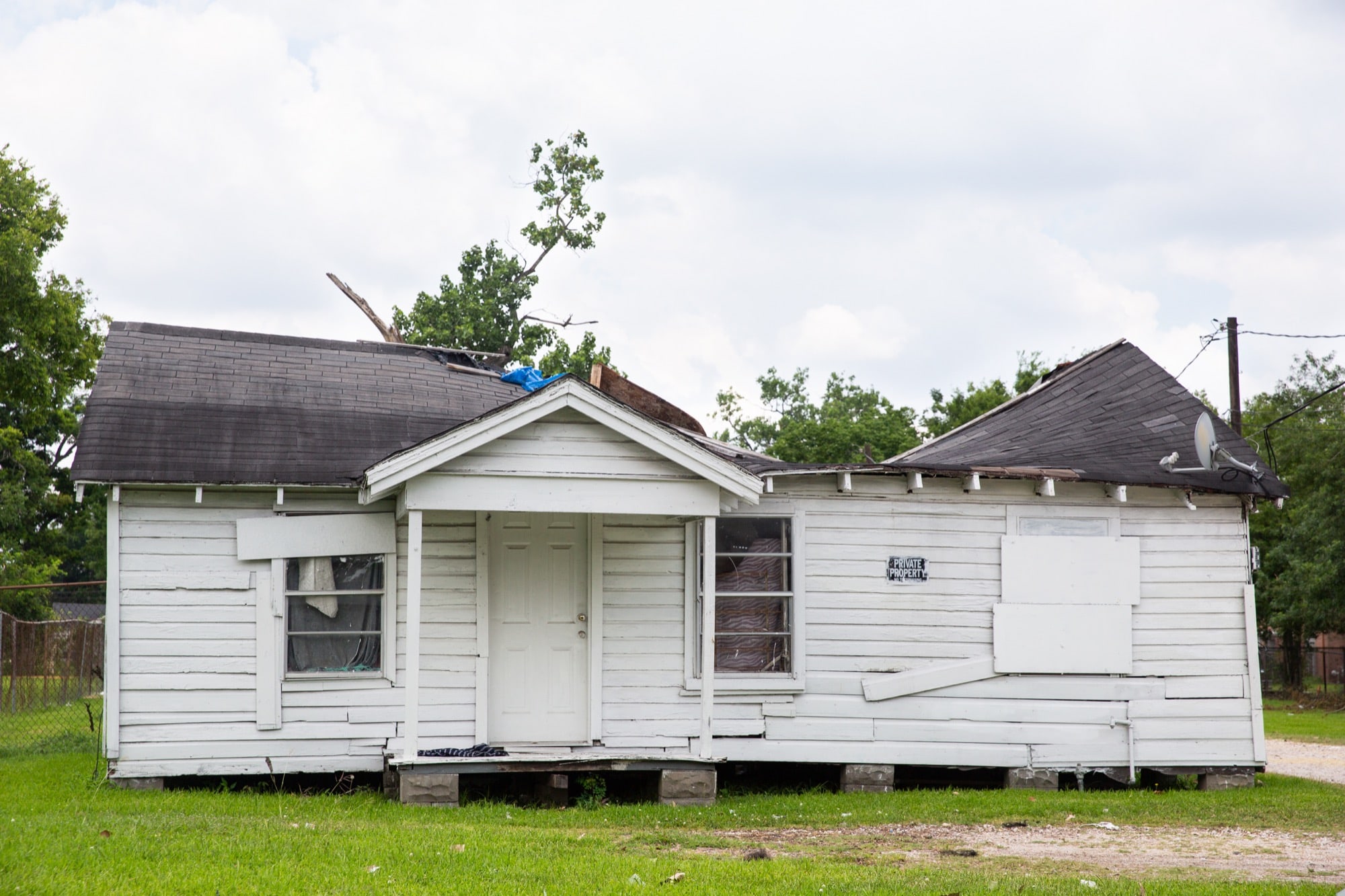

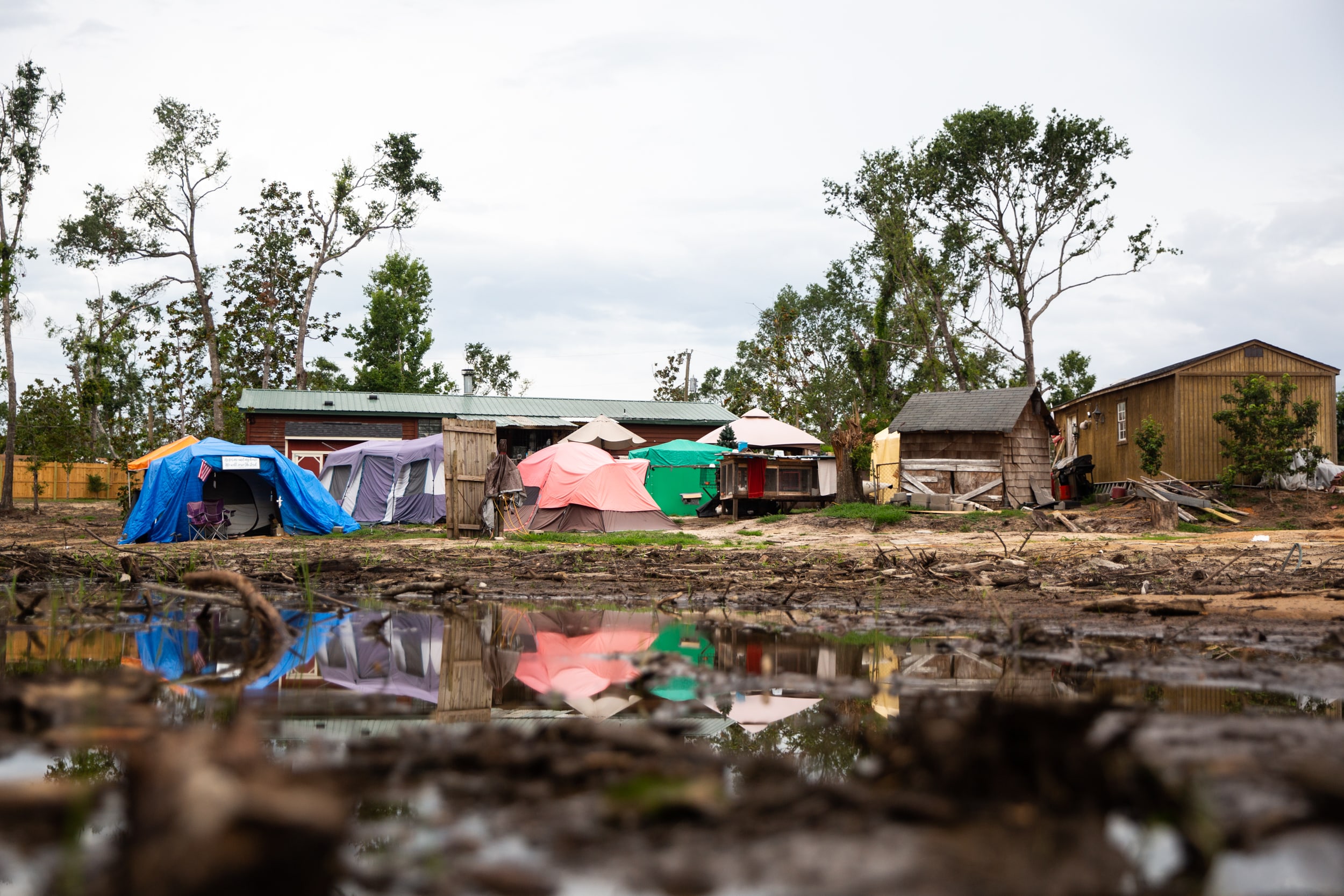 <
<